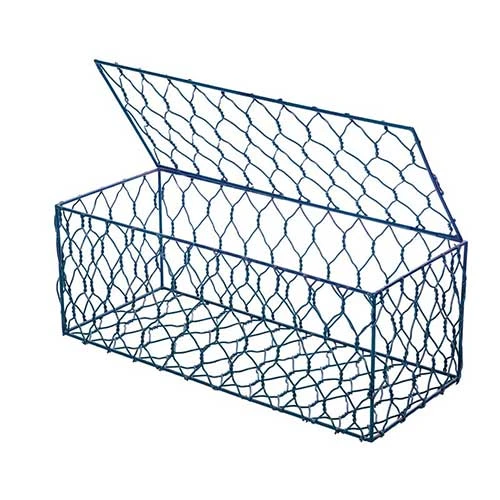-
 Phone:
Phone: -
 Email:
Email:

does rebar tie wire rust
Does Rebar Tie Wire Rust?
When it comes to the construction industry, several materials and components have significant roles to play in ensuring the stability and longevity of structures. One such critical component is rebar, or reinforcing bar, which is used to provide additional strength to concrete. To keep rebar in place, especially in complex structures, contractors often use rebar tie wire. But an important question arises does rebar tie wire rust? This question is worth exploring due to its implications for construction quality, durability, and maintenance.
Understanding Rebar and Tie Wire
Rebar is typically made from carbon steel, which gives it the strength required to reinforce concrete structures, particularly in environments where tensile strength is crucial. In many applications, rebar is exposed to moisture and harsh environmental conditions, making it prone to corrosion. To mitigate this issue, rebar is sometimes coated with materials like epoxy or galvanized with zinc to enhance its resistance to rust.
Rebar tie wire serves a specific purpose it holds the rebar in place during the pouring and curing of concrete. This tie wire is also generally made from steel, which raises the question of its susceptibility to rust and how it interacts with the rebar it supports.
Is Tie Wire Prone to Rust?
Yes, rebar tie wire can rust, particularly if it is made of untreated steel. When exposed to moisture, air, and other corrosive elements, untreated steel will undergo oxidation, leading to the formation of rust. The rate of rusting can vary based on environmental factors such as humidity, salt exposure, and temperature changes.
However, many manufacturers produce tie wire that is treated or coated to improve its corrosion resistance. For instance, galvanized tie wire is coated with zinc, which offers a protective barrier against moisture. This type of tie wire is less likely to rust, making it a preferred choice in projects where exposure to harsh elements is expected.
Implications of Rust in Construction
Rusting presents several challenges in construction. For one, as rust forms on tie wire, it can weaken the wire's structural integrity, leading to failures in the rebar’s support during the crucial curing process of concrete. If the tie wire fails, the rebar may shift, compromising the strength of the concrete structure and leading to potential structural issues down the line.
does rebar tie wire rust

Moreover, the rust from tie wire can migrate to the rebar itself, especially if the tie wire holds the rebar tightly. This interaction can exacerbate rusting in the rebar, leading to more significant corrosion issues. Over time, this can lead to a reduction in the lifespan of the reinforced structure and may necessitate expensive repairs or even complete reconstruction.
Prevention Strategies
Given the potential for rust, it is essential to take preventive measures during the construction process
. Here are a few strategies that can help mitigate the risks associated with rusting tie wire1. Use Galvanized or Coated Tie Wire Whenever possible, opt for galvanized or otherwise treated tie wire to reduce the risk of rust.
2. Keep Materials Dry Storing tie wire and rebar in dry conditions can help minimize moisture exposure.
3. Inspect and Maintain Regularly inspect tied rebar and the surrounding environment for signs of rust or corrosion. Early detection can help address issues before they escalate.
4. Appropriate Placement When constructing, consider placing rebar and wiring in ways that shield them from extreme weather conditions.
5. Consider Alternatives In some cases, using plastic tie systems or other non-metal alternatives may provide a rust-free solution.
In conclusion, while rebar tie wire can rust, choosing the right materials and taking preventive approaches significantly reduces the risk of corrosion and its detrimental effects on construction integrity. Understanding the properties and behaviors of these materials is crucial for contractors looking to ensure the longevity and reliability of their structures. Investing in quality materials and practices will ultimately pay off in the form of safer and more durable buildings.
-
Wire Mesh for Every Need: A Practical SolutionNewsJul.25,2025
-
Steel Fences: Durable, Secure, and Stylish OptionsNewsJul.25,2025
-
Roll Top Fencing: A Smart Solution for Safety and SecurityNewsJul.25,2025
-
Cattle Farm Fencing Solutions for Maximum SecurityNewsJul.25,2025
-
Affordable Iron Binding Wire SolutionsNewsJul.25,2025
-
Affordable Galvanized Wire SolutionsNewsJul.25,2025
-
Wire Hanger Recycling IdeasNewsJul.25,2025








